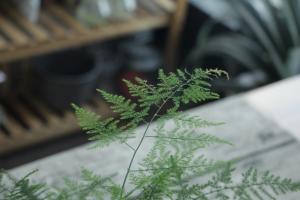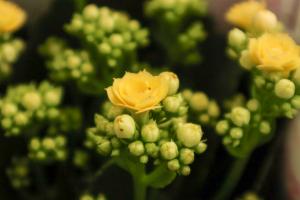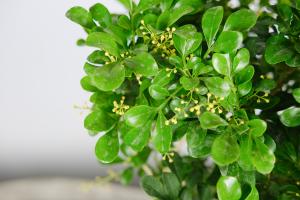Will Soapy Water Damage Plants?
Soapy water is often used as an insecticide or herbicide by gardeners. This common household item is believed to be a safe alternative to chemical-based products. However, one common question among gardeners is, "will soapy water damage plants?"
The Benefits of Using Soapy Water in Your Garden
Using soapy water as a natural insecticide or herbicide in your garden can be beneficial for several reasons:
It's an affordable and accessible option.
It's non-toxic to humans and pets.
It's a safer alternative to chemical-based products that may harm the environment.
It can help control common garden pests and weeds.
The Risks of Using Soapy Water in Your Garden
Despite its benefits, using soapy water in your garden can also have some negative effects on your plants. The main risks of using soapy water are:
It can dry out or burn the leaves of plants if applied too frequently or at high concentrations.
It can affect the pH level of the soil, which can be harmful to some plants.
The Science Behind Soapy Water and Plant Health
The reason that soapy water can harm plants is due to its chemical composition. Soap works by breaking down the surface tension of water and allowing it to better penetrate surfaces, such as the exoskeletons of insects or the leaves of plants. However, when soap comes into contact with the delicate leaves of plants, it can break down the waxy coating that protects them from moisture loss and environmental stresses. If the soap concentration is too high or if it is applied too frequently, the leaves can become damaged and dry out.
In addition, the pH level of the soil can also be affected by soapy water. Soap is often alkaline, which can raise the pH level of the soil and make it more basic. Some plants, like hydrangeas, prefer acidic soil and may not thrive if the pH level is changed too drastically.
How to Safely Use Soapy Water in Your Garden
If you want to use soapy water in your garden, there are ways to minimize the risks:
Dilute the soap with water to reduce its concentration.
Apply soapy water sparingly and only when necessary.
Avoid using soapy water on plants that are sensitive to changes in pH levels.
Rinse the leaves of plants with clean water after applying soapy water to remove any residue.
By following these tips, you can safely use soapy water in your garden without causing harm to your plants.
Conclusion
Soapy water can be a useful tool for gardeners to control pests and weeds without using harmful chemicals. However, it is important to be mindful of its potential risks and to use it safely. By diluting the soap, applying it sparingly, and rinsing the leaves of plants, you can enjoy the benefits of soapy water without damaging your plants.

 how many times do yo...
how many times do yo... how many planted tre...
how many planted tre... how many pine trees ...
how many pine trees ... how many pecan trees...
how many pecan trees... how many plants comp...
how many plants comp... how many plants can ...
how many plants can ... how many plants and ...
how many plants and ... how many pepper plan...
how many pepper plan...
































